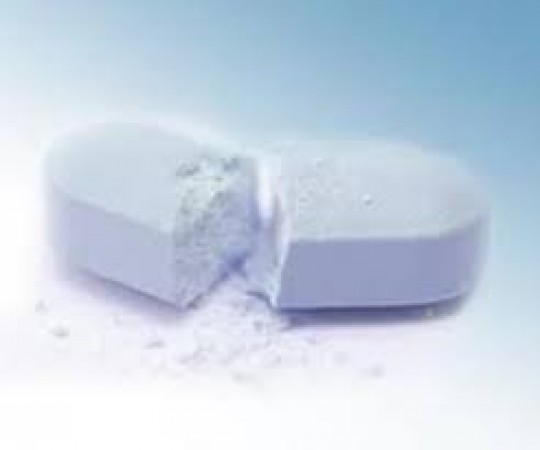
In our modern world, medications play a crucial role in maintaining our health and well-being. However, there are instances when we might find it necessary to break or crush tablets for easier consumption, especially for those who have difficulty swallowing whole pills. While this might seem convenient, it's important to understand that not all medications are meant to be altered in this way. In this article, we will delve into the topic of which medicines should not be eaten after breaking them, based on expert advice. When it comes to taking medications, proper administration is key to their effectiveness. Breaking or crushing certain medications can alter their intended mechanisms, rendering them less effective or even unsafe.
People might break medications for various reasons, such as difficulty swallowing pills or adjusting doses. However, this practice isn't always safe, and it's crucial to be aware of which medications are suitable for breaking.
Medications designed to release their active ingredients slowly over time can lose their efficacy when broken. Breaking these tablets disrupts the extended-release mechanism, potentially leading to uneven dosing and reduced effectiveness.
Enteric-coated medications are formulated to resist stomach acid and break down in the intestines, preventing irritation. Breaking these tablets can result in premature dissolution in the stomach, diminishing their intended effects.
Medications meant to be placed under the tongue (sublingual) or against the cheek (buccal) are absorbed directly into the bloodstream. Breaking these medications can alter their absorption rates, leading to inconsistent effects.
Breaking medications without proper guidance can have serious consequences. It can lead to underdosing, over-dosing, or even toxicity, as altering a drug's form may change its pharmacokinetics and pharmacodynamics.
To ensure the safe consumption of medications:
If you're struggling with swallowing pills or need to adjust your dosage, consult your healthcare provider. They can suggest alternatives or provide guidance on proper administration. While the convenience of breaking medications might be tempting, it's essential to exercise caution. Not all medications are suitable for this practice, and improper alteration can lead to health risks. Prioritize your well-being by following expert advice and always consulting professionals.
Luxury Redefined: Discovering the AMG GT 63 S 4Matic's Power and Prestige
Luxury Redefined: Mercedes Benz Unveils Four Remarkable New Models
Elevating Indian Roads: Rolls Royce Launches Cullinan Black Badge